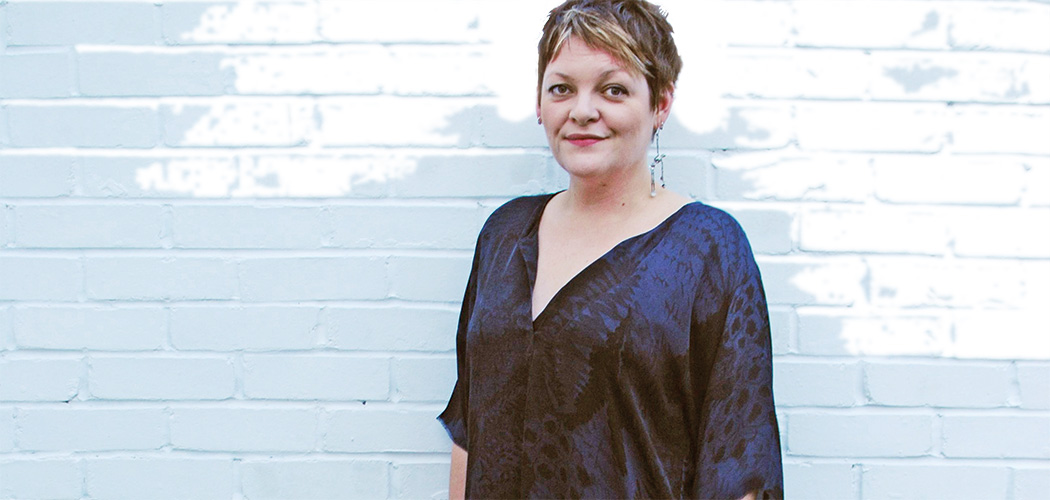Dear Dr Laura,
What are anal warts? I had sex recently with someone who had them and I’ve been reading that they can be linked with anal cancer? I’m worried.
Nathan
Dear Nathan,
My mission is to make you less worried! Genital warts are a common sexually transmitted infection caused by a virus called human papilloma virus (HPV). In 2017 there were almost 60,000 new cases of genital warts, around 1 in 8 of all sexually transmitted infections that year.
HPV is passed on through skin-to-skin contact and genital HPV is passed on through sex. The virus can infect any area of skin on or around the genitals, including around or inside the anus. Anyone can get warts around their bum, whether they have anal sex or not, but warts inside the anus tend to be linked to anal sex. Condoms reduce but do not eliminate transmission because there is still a lot of skin contact.
There are over 100 different types of HPV; most don’t cause symptoms, some cause genital warts and persistent infection with high-risk types can lead to cancers affecting the genitals, anus and throat, as well as cervical cancer in women. Most cases of genital warts are due to HPV types 6 or 11, which are different to the types that cause cancer. Nearly all sexually active people have had HPV infection at some stage in their lives but most don’t develop warts so won’t even realise they’ve had it – the body usually clears the infection within a year.
Although wart-causing HPV types are different to those that cause cancer, people can have a mixture of HPV types. HPV can cause precancerous changes in or around the anus but how to screen, let alone treat it, is unclear. Some clinics offer tests looking for abnormal cells and/or anoscopy (looking inside the anus with a microscope and taking biopsies of any suspicious areas) but this not routine.
Most precancerous changes will resolve and few (probably around 1 in 400) progress to anal cancer. There’s a big study in Australia following men with precancerous changes over time but it will be about 5 years before the results. Currently the best way to check for anal cancer is a regular ‘digital examination’ – a finger in the bum. You can ask your GP or sexual health doctor to do this or do it yourself – if you feel a lump or have symptoms like itching or bleeding, seek medical advice. Gay men, particularly HIV-positive gay men, are at a higher risk of anal cancer and European HIV guidelines recommend a digital examination once a year.
Wart treatment is variably effective and several episodes of treatment are needed. There are two main types: creams/solutions applied regularly or physical treatments including freezing. Doing nothing is also an option since about 1 in 3 cases get better over 6 months without treatment. All treatments can cause discomfort and some creams damage latex condoms – your sexual health clinic will provide detailed advice.
A huge advance over the last decade has been the HPV vaccine. School age girls in England have been vaccinated since 2008 – the first version covered types 16 and 18 (the main causes of cervical cancer) and in 2012 the vaccine type was changed to cover types 6 and 11 too. Since the vaccine programme started, warts in adolescent females have plummeted by 90% and warts in males have dropped (although they’ve not had the vaccine, heterosexual boys benefit from lower rates of HPV in girls). After a lot of debate about vaccinating boys and men, from April 2018 NHS England started offering vaccine routinely to gay men up to the age of 45. Prior to that some sexual health clinics were offering vaccine as a pilot so you may have received it already.
If you’re older than 45 and can afford it I’d advise seeking HPV vaccine privately – you’re looking at £500 – £750 so it’s not cheap; although the benefit declines the older you are, as long as you’re sexually active the vaccine will prevent you getting newly infected with the types covered. Private clinics who offer the vaccine will discuss the pros and cons and advise whether it’s suitable for you or not. You won’t be able to get the vaccine on the NHS if you’re over 45, even if you have anal HPV disease.
Private clinics usually use the newest type of vaccine that covers 9 HPV types (NHS vaccine is the 4-type still). Some high street pharmacies offer the 9-type vaccine too. High street examples include:
- Boots up to the age of 44 (£450 for 3 doses)
- Superdrug up to the age of 26 (same price as Boots)
- Lloyds pharmacies are slightly cheaper at £429; you fill in an online questionnaire to see if you’re eligible.
It’s too early to know if HPV vaccination will reduce anal cancer but some studies have shown a reduction in the ‘precancerous’ anal changes, which is promising and we’ll learn a lot more over time. It’s a safe vaccine – more than 80 million people have been vaccinated worldwide and the various global authorities who monitor vaccine safety continue to say it’s very safe.
So, HPV infection is very common, warts are common and, although they can be embarrassing or uncomfortable, are not dangerous. As a gay man you are at higher risk of anal cancer but a finger in the bottom is the best way to check for that at the moment. HPV vaccine is safe and, if you are 45 or younger, FREE, so get vaccinated. Finally if you have genital warts, smoking can make them worse – another reason to STOP SMOKING!
Dr Laura Waters is an HIV and sexual health consultant at the Mortimer Market clinic and the Boyz Doc. Dr Laura answers your questions every week in Boyz. If you have a question for Dr Laura please email her at [email protected]















